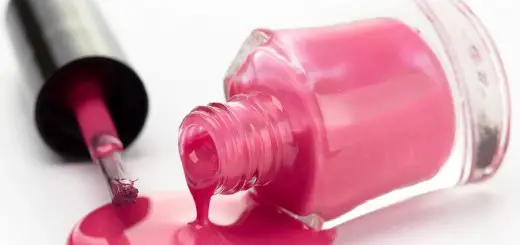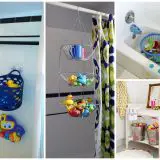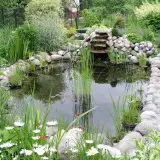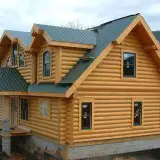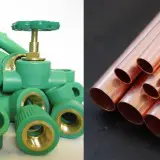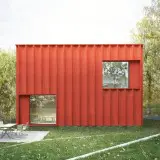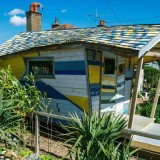Water Supply From a Borehole for Your Home. Work and Costs
You wish to have your own water supply source, but you don’t whether that’s possible on your property, what you have to look for, what’s the work involved and the costs. These are the steps you need to take for ensuring your water supply from a borehole.
First and foremost, you have to establish what’s the purpose of drilling a water borehole: drinking water, just sewage or a garden irrigation system. You should ask your neighbors how deep did they have to dig for their wells and if they got drinking water or they just use it on their stock. This should give you an idea on how much you’ll have to drill.
Drilling is charged per meter. But even if your neighbor had to go 40 meters deep, it won’t necessarily apply to you, so don’t count on a budget when you start drilling.
Water supply from a borehole. Get your information
So the first step is to collect as much information as you can on the water deposit and soil in the area. Go asking as far as you can. This is the information you need:
- whether there are wells or boreholes in the area
- how deep the water deposits are, how many there are and what the water quality is in every one of them
- what type of soil you are dealing with (rocky, lime, sand, gravel).
If someone in your area already has a borehole and can offer you this information, it’s less likely to have surprises.
Water supply from a borehole. Drilling
Next you have to find a drilling company that has the right tools, so there aren’t complications when going deeper than 10 meters.
Drilling begins and what comes out of the borehole is analysed to get an idea about the water deposit potential. The project may be stopped at this stage if the drilling company and the beneficiary agree it is the case.
Water supply from a borehole. Electric coring
This operation is carried out by a geologist who will diagnose your borehole’s potential. You’ll know whether you have water on your property, how much and where it is.
The analysis costs around 200 – 300 euros and has a very low margin of error.
If the diagnosis is negative, the project stops and you’ll have to pay for the work carried out so far, approximately half of what you negotiated for the borehole.
If it’s positive, the project goes on to the finish.
Water supply from a borehole. Final stage
At this point, the drilling is completed, the tubes are installed and the filtering gravel is added.
The pomp has to be installed, but this is usually done by someone else, not the drilling company, and has to run for 50 – 100 hours to get the sand out from the water collecting area.
Water supply from a borehole. Costs
Depending on several factors, prices for drilling a borehole my vary as follows:
- 30 – 40 euro/m – in soft soils (sand or clay), where water is quickly cleared
- 40 – 60 euro/m – the most frequent, in soils with rocks, lime, grit stone etc., when there’s fine sand in the water deposit requiring some special grained quartz to filter or when the flow is low and clearing can take as long as 3 – 4 days
- 60 – 80 euro/m – in soils with major difficulties
- > 80 euro/m – special projects
Water supply from a borehole. Maintenance
A water borehole that was correctly drilled and used shouldn’t require maintenance work for douzens of years. Nevertheless, you should check on it every year for:
- water level when the pump is not running
- water level when the pump is running at full capacity
- a comparison to the levels in the previous years
- 2 water samples from the pump for bacteriological and chemical analyses
Credits: forajerautitan.ro, ondrill.ro, forajeputuriapa.com.ro, spatiulconstruit.ro
Photo credits: romforajeputuri.ro

